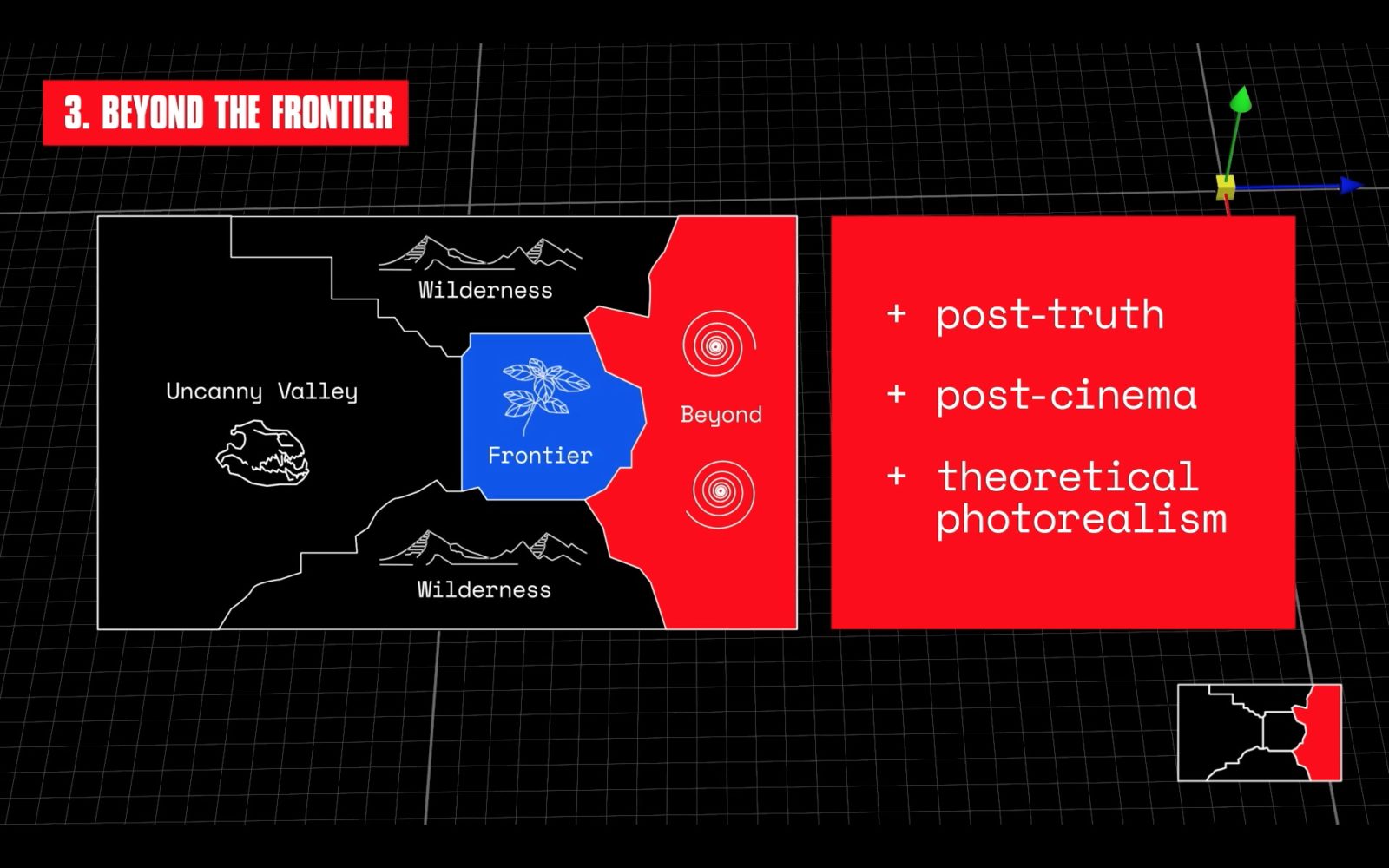
Ever finish a book and think “This would make a great role-playing game!”? Me too! My shelves are filled with role-playing games based on various books¹. Some were successful adaptations. Others, not so much. Having spent seventeen years selling RPGs, I have some ideas about what sort of stories adapt well to games and which […]





 Written and animated by Alan Warburton with the support of Tom Pounder and Wieden + Kennedy, Goodbye Uncanny Valley explores the current state of photoreal CGI, where it came from and where it may be going to.
Written and animated by Alan Warburton with the support of Tom Pounder and Wieden + Kennedy, Goodbye Uncanny Valley explores the current state of photoreal CGI, where it came from and where it may be going to.